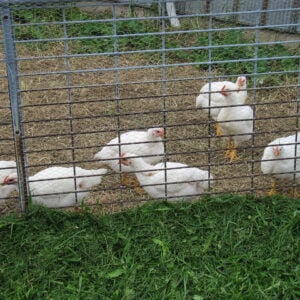The Phaphamani Irrigation Scheme in Umguza District, Matabeleland North Province, Zimbabwe, recently highlighted the impact of strong partnerships in enhancing wheat production and improving rural livelihoods. Covering 50 hectares, the scheme benefits from support provided by FAO, the AFC Land Bank, the African Development Bank, and the Government of Zimbabwe through the Zimbabwe Emergency Food Production Project (ZEFPP). The 12 farmers at Phaphamani are part of the wider Seed Revolving Fund initiative, which has supported over 17,000 hectares of winter wheat cultivation this season and reached a total of 17,048 farmers to date.
Aligned with the FAO Strategic Framework 2022–31, the project aims to foster more efficient, inclusive, resilient, and sustainable agrifood systems, promoting better production, nutrition, environmental stewardship, and overall quality of life. During a field visit, FAO Representative Patrice Talla highlighted how farmers are reinvesting income from wheat into livestock, irrigated market gardening, and education for their children, illustrating the broader impact of the scheme on household resilience.
Priscilla Munyeza, Managing Director of the AFC Land Bank, emphasized that access to low-cost loans and mechanization equipment through the partnership has enabled farmers to produce more efficiently, on time, and profitably. From the government side, Abraham Mashumba of the Ministry of Lands, Agriculture, Water, Fisheries and Rural Development noted that while Phaphamani is a small scheme, it contributes to thousands of hectares under winter wheat nationwide and is pivotal to achieving national production targets. State support, including the installation of a centre pivot irrigation system and access to the Seed Revolving Fund, has been critical in enabling farmers to plant early and improve yields.
Farmers themselves have shared how the scheme has transformed their livelihoods. Previously, lack of capital delayed planting, but access to loans and market linkages now allows timely sowing, higher productivity, and better profits. Many households have diversified income through livestock and irrigated market gardening and invested in education. Female farmer Sithembiso Banda emphasized how timely support empowers women by including them in decision-making and household progress, while male farmer Geshom Dube highlighted that improved yields allowed him to buy cattle and start horticulture gardens. With 40% of beneficiaries being women, the initiative promotes gender equality alongside household resilience.
Overall, the Phaphamani Irrigation Scheme demonstrates how collaboration between government investment, development finance institutions, and technical partners like FAO can create opportunities for smallholder farmers, strengthen national food security, and foster sustainable, inclusive rural development in Zimbabwe.






